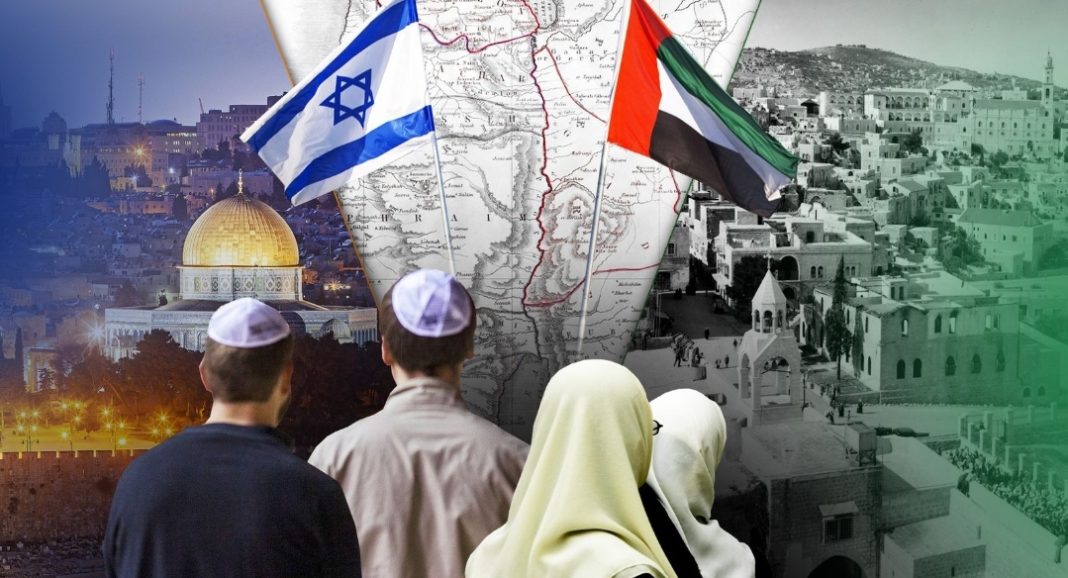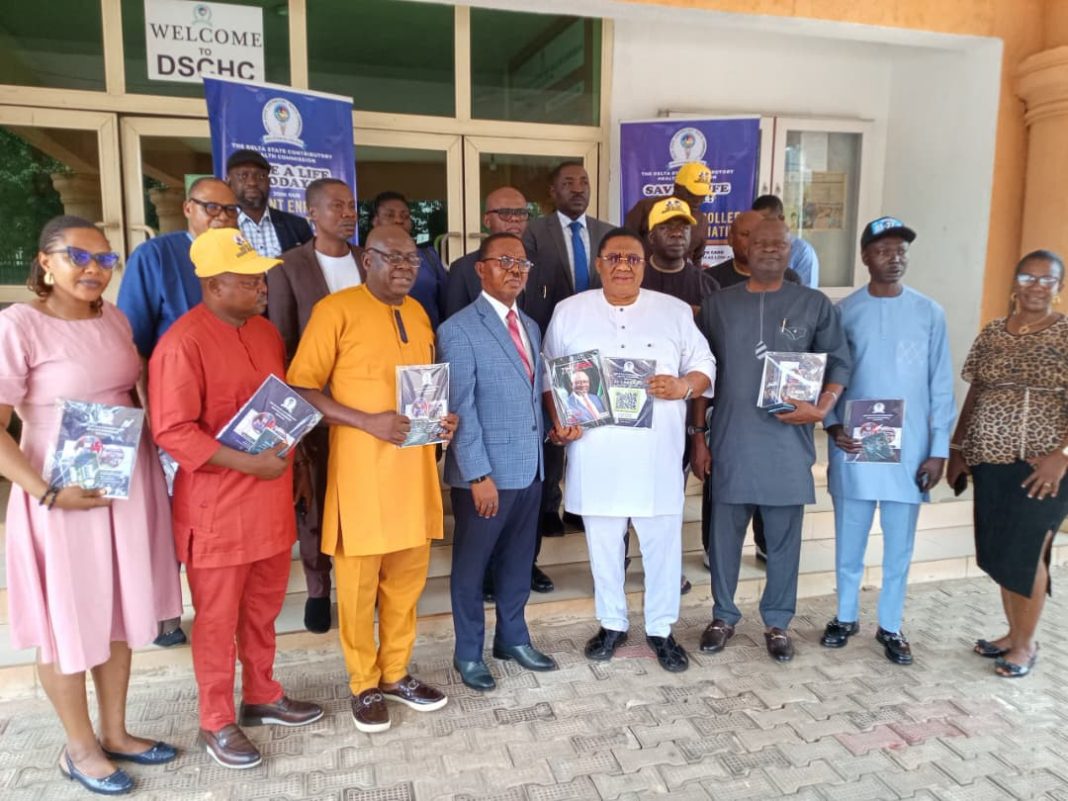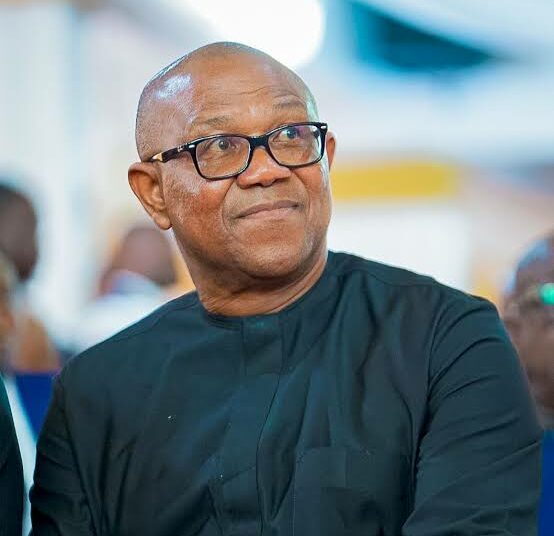By Daudu Agaba Andrew Samuel
The Israeli-Iranian conflict, often seen as a distant Middle Eastern struggle, is increasingly casting a shadow over Africa’s political, economic, and Security landscape. What began as a rivalry rooted in ideology and regional dominance has grown into a geopolitical battle with ripple effects far beyond the borders of Tel-Aviv and Tehran.
Iran and Israel weren’t always adversaries. Finding common ground in opposing regional adversaries, the two countries maintained friendly relations during the reign of Mohammed Reza Pahlavi, the last Shah of Iran, who ruled from 1941 to 1979. But ties drastically deteriorated with the Iranian Revolution of 1979. Cooperation had disappeared by the 1990s, and the rivalry had taken on a distinctive role in Middle Eastern affairs.
Iran funded and trained anti-Israel organizations, portraying itself as a champion of the Palestinian cause known as the Axis of Resistance. Iran’s expanding power and nuclear aspirations were perceived by Israel as an existential threat. Soon after, there were proxy conflicts in which both sides supported rival forces in Yemen, Palestine, Syria, and Lebanon. Assassinations, cyberattacks, and infrastructure damage were all used as weapons in this covert conflict.
The conflict escalated sharply in June,2025 when Israel struck Iranian nuclear sites following reports of violations of non-proliferation agreements. Iran responded with missile attacks, drawing the region into open confrontation.
Why Should Africa Pay Attention? Africa may seem far apart from these conflicts at first glance. However, the economy and security structures of the continent are extremely susceptible to turmoil in the Middle East. Every increase in the Israel-Iran confrontation has real repercussions because of Africa’s abundant natural riches, commercial routes, and dependency on imported petroleum.
The economic effects have been among the most obvious. African consumers have been severely impacted by rising global oil prices brought on by concerns about supply interruptions. Recently, the price of gasoline in Nigeria jumped to 900 Naira a liter, exacerbating inflation that was already being driven by the elimination of subsidies. Higher prices pose a danger to recent economic improvements in Ghana, which imports petroleum at a cost of almost $400 million each month.
The heat has also reached Egypt, a North African country. Domestic gas constraints prompted the government to implement emergency measures, halting supplies to some industries after Israel halted operations at the Tamar gas field in the Mediterranean. Analysts caution that extended instability in West Africa may devalue currencies such as the naira and cedi, increasing import costs and straining reserves.
The Political Repercussions are beyond economics, Africa faces growing political dilemmas. African governments have been compelled by the conflict to adopt stances on a war that is being waged thousands of kilometers away, often against their will. The African Union has warned that the escalation is a major threat to global peace and security and has called for moderation. Nations that have publicly denounced Israel’s strikes on Iran as breaches of international law include South Africa, Mauritania, and Sudan. Citizens in Nouakchott protested against Israel and its supporters in the West.
Other African States, however, have stayed silent. Morocco has refrained from commenting directly, having repaired relations with Israel through the Abraham Accords, which were mediated by the United States. Rwanda, a close agricultural and security partner of Israel, has also opted for prudence. In the meantime, in an effort to preserve harmonious international ties, Nigeria and Kenya have released well-crafted statements calling for communication and de-escalation.
Africa’s conflicted position is demonstrated by its uneven responses. While some countries place a higher priority on strategic connections with Israel, others are more inclined toward solidarity with Palestine and Iran. The risk for Africa is that it may turn into a front in a proxy conflict between outside forces vying for dominance.
Home security risks have posed a potential implication of the Israeli- Iranian conflict on Africa. The conflict between Iran and Israel has security-related ramifications in addition to diplomatic and economic ones. Experts caution that armed smuggling, the recruitment of extremists, and ideological polarization could cause protracted hostilities to spread into Africa. Nigeria offers a sobering illustration. Concerns of Iranian influence have long been raised by the presence of Shiite preacher Ibrahim Zakzaky and his adherents. There is a significant chance that outside parties will take advantage of domestic tensions in a nation already beset by sectarian strife and terrorism. The introduction of weaponry or ideology associated with Middle Eastern conflicts might further destabilize fragile regimes in the Sahel and Horn of Africa, where violent organizations already flourish.
For decades, Africa’s geopolitical importance was defined largely by its natural resources and trade routes. But as the continent’s population and economies grow, so too does its vulnerability to external manipulation. The Israeli-Iranian conflict highlights this fragility, showing how events in distant regions can destabilize African societies almost overnight. Still, Africa is not without agency i.e. Africa is not a passive victim of outside forces; it has the power to act, decide and shape its own future. The issue is being used by some leaders to make the case for increased energy independence, regional collaboration, and varied alliances. For example, if governance obstacles are resolved, Nigeria might transform short-term oil windfalls into long-term investments. The energy crisis in Egypt emphasizes how urgent it is for the continent to invest in renewable energy.
Diplomatically, African states can also use their collective voice at the UN and AU to push for de-escalation, rather than being pulled into divisive alignments. By prioritizing stability and neutrality, Africa may avoid being used as a pawn in a geopolitical chess game it did not create.
By looking ahead, it is unlikely that the Israeli-Iranian war will cease very soon. Its foundations are long-standing, intense ideological, religious, and strategic disputes. However, the stakes are high and immediate for Africa: increased security threats, political tensions, rising fuel prices, and unstable currencies.
“Africa may be far from the Middle East, but we are never far from its consequences,” as Hafsat Bello, a Nigerian analyst stated. The issue for African countries is to forge their own foreign policy path while protecting their economies and communities from the consequences. The continent cannot afford to be destabilized by a war it neither started nor benefits from. In the end, Africa’s message must be clear: its peace and stability should not be sacrificed to the rivalries of others.
Daudu Agaba, is a Corp member currently serving with the Institute for Peace and Conflict Resolution (IPCR), Abuja.And can be reached via: agabadaudu@gmail.com





